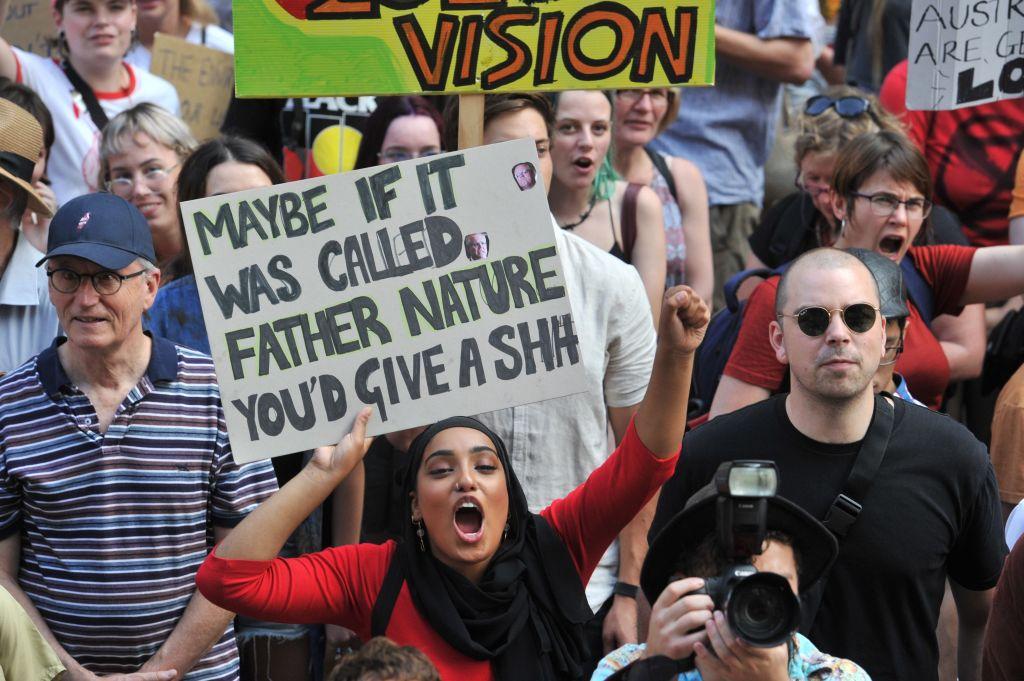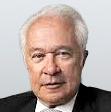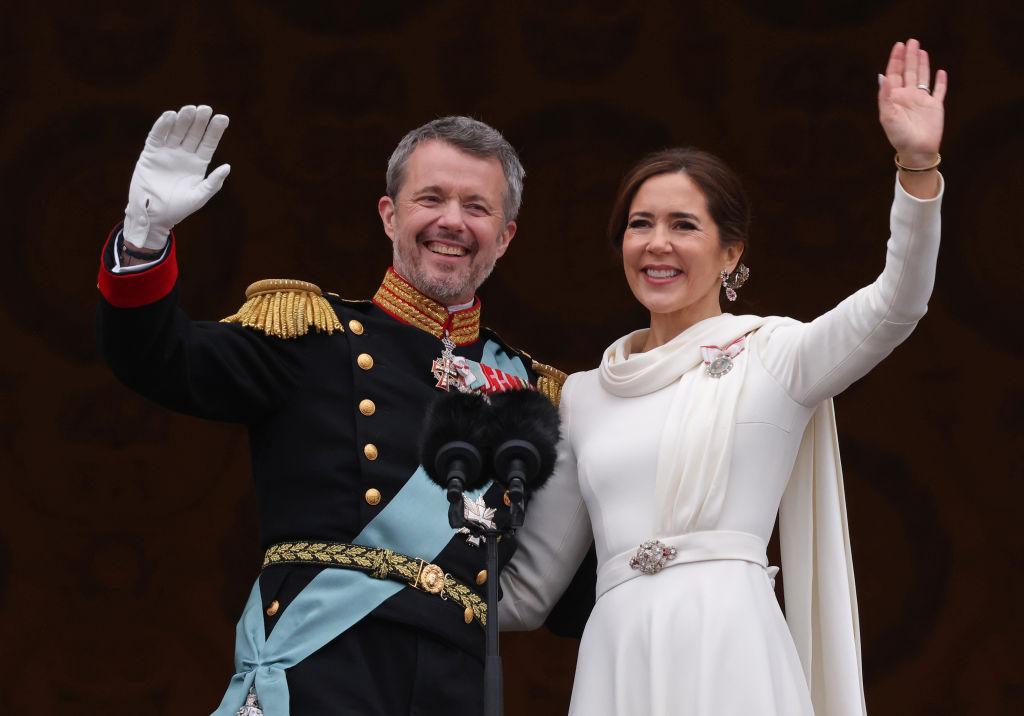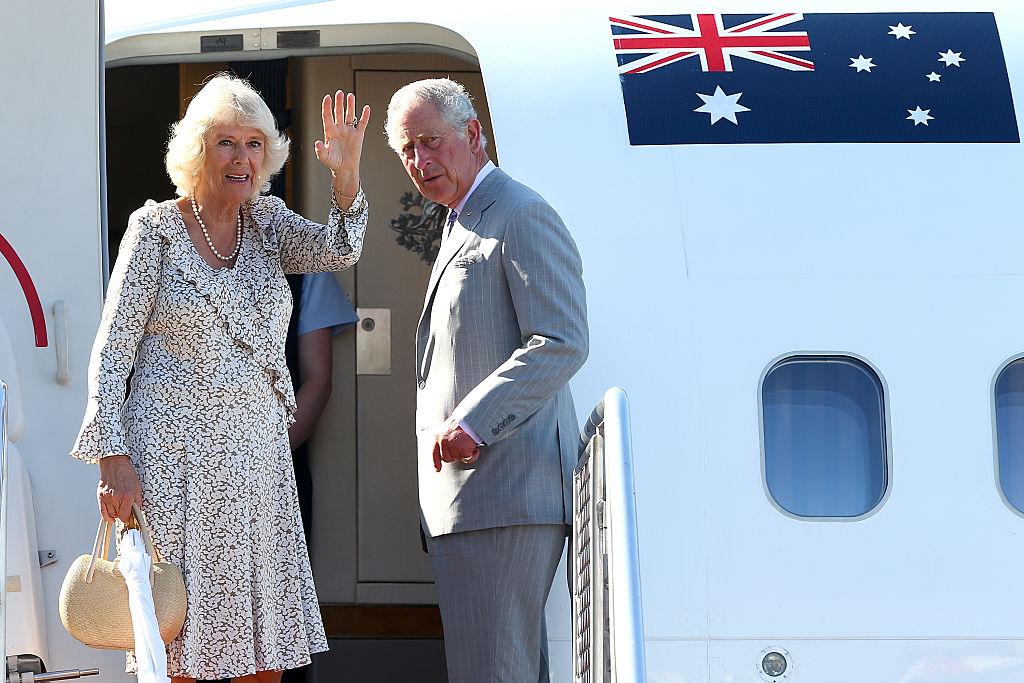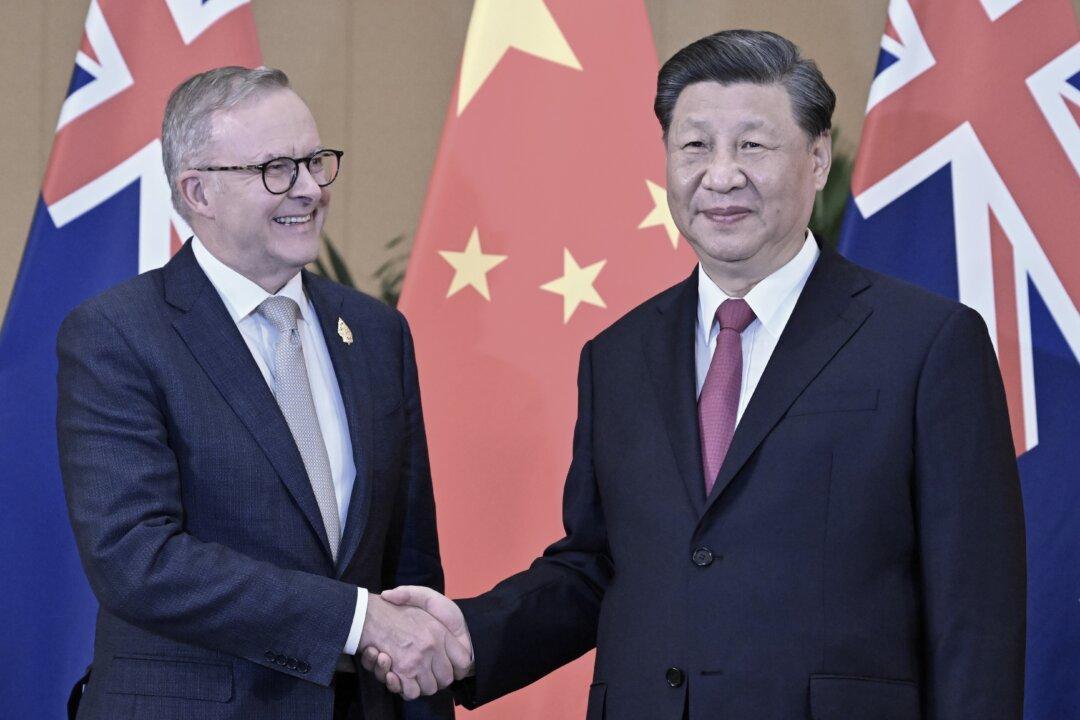Commentary
The decision by Joel Fitzgibbon, federal member of Parliament for Hunter, to retire at the next election means the Australian Labor Party (ALP) will lose one of the very few MP’s who have dirtied their hands in manual work for any extensive period. Fitzgibbon was an automotive electrician for 12 years, a real worker in traditional Labor terms.
